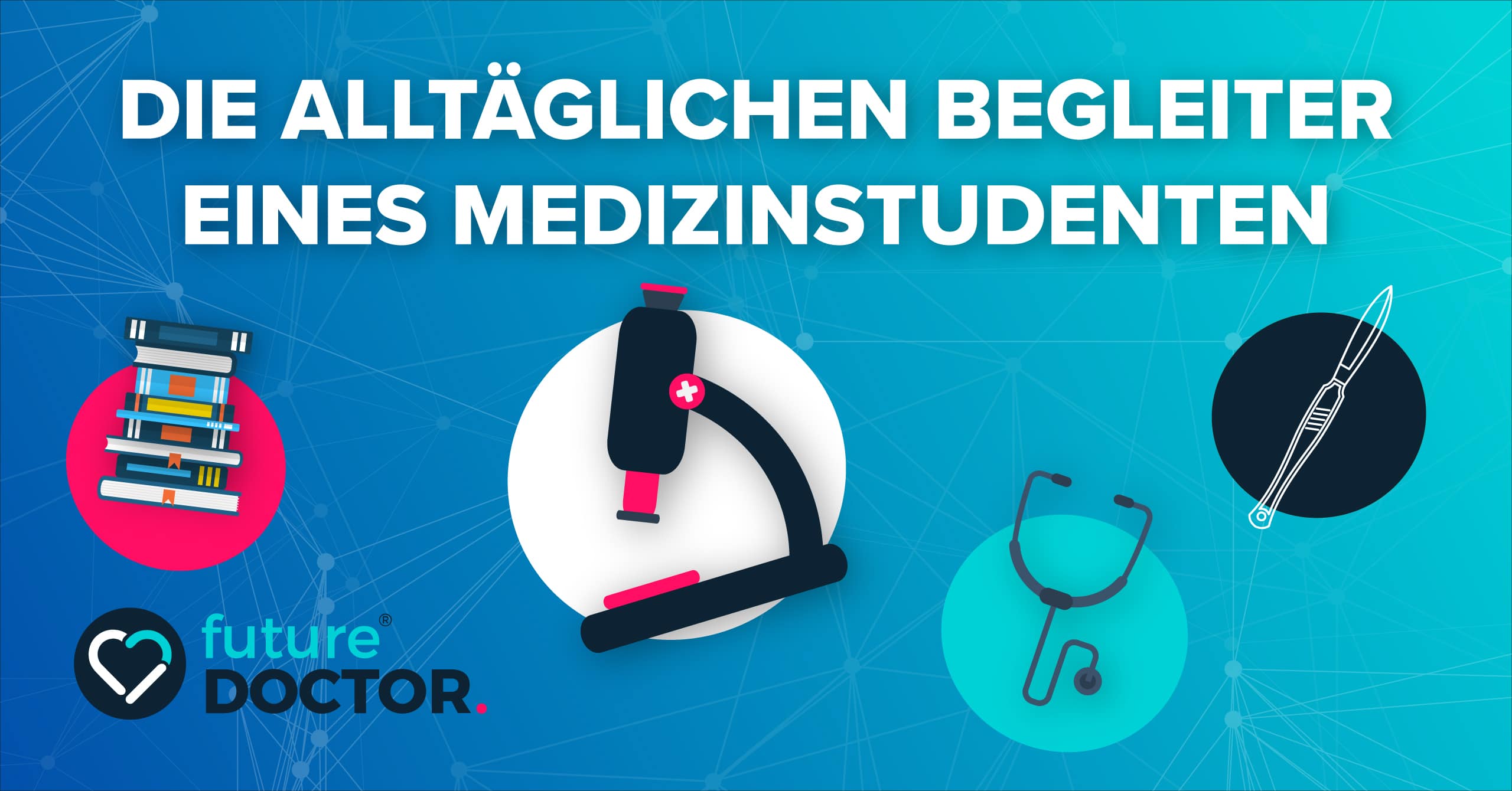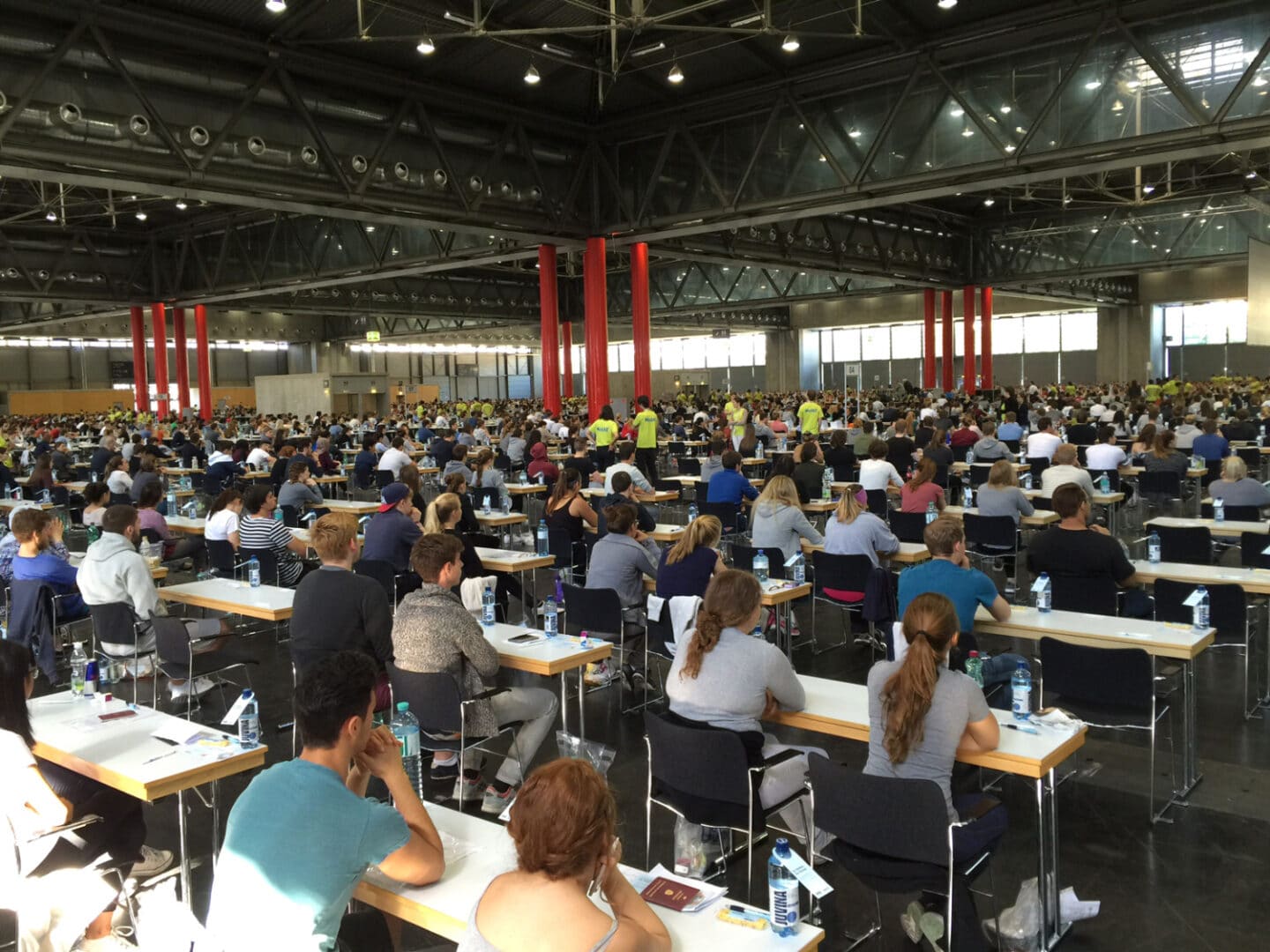
📖 Table of contents
If you think of the everyday companions of a medical student, you will most likely first think of the "fundamentals" that we not only see during everyday visits to the doctor, but also in series such as "Emergency Room", "Grey's Anatomy" or "Scrubs". And that's exactly what you, as a first-semester medical student, will be using to get started. We're talking about the dissecting instruments, the stethoscope around your neck and the white coat underneath. But that's not all, after all, as a student you have to take notes. So let's take a look at what else is in my rucksack.
Let's start with what I think is the most essential thing to bring to a lecture as a medical student abroad - my laptop. I can no longer imagine attending a lecture without it. All the documents I need for my studies, be it summaries, notes or presentations by the professors, are on the device. With a handwritten transcript, it is simply much more time-consuming to pay attention during a lecture and understand the material, while at the same time wanting to take notes. But where I can definitely recommend taking notes by hand is in hospital. I have my little black notebook for this, which fits perfectly in my lab coat pocket. I use it to jot down all the important tips and tricks that I have learnt over the last few semesters.
My headphones are also a must. Whether it's to switch off during the break, to listen to a good podcast on the way to university or to spontaneously watch a Sketchy video on campus or in the library. I can reassure you that the only Sketchy videos I watch in the library are those on the learning platform "Sketchy.com" ;).
The German equivalent of this is "Meditricks.de".
And while we're on the subject of everyday companions of a medical student that you won't find in a rucksack, I'd like to mention the "Doc-Check" platform. I open this reference work more often than YouTube when I'm studying if I don't quite understand a complicated topic - and that may mean something. Anvil is another such platform, which can be used during the Medical studies abroad can be very helpful or in Germany.
Oh yes, lest anyone think I didn't warn you, there is one companion that stands above everything I've mentioned so far - a long thread of patience. Even though studying medicine may not be the most time-consuming degree programme in the world, whether abroad or not, you have to expect highs and just as many lows. But the effort is definitely worth it!
So as you can see, there are some things you shouldn't do without while studying medicine, but how you organise your everyday life in the end is up to you to decide according to your personal taste.





